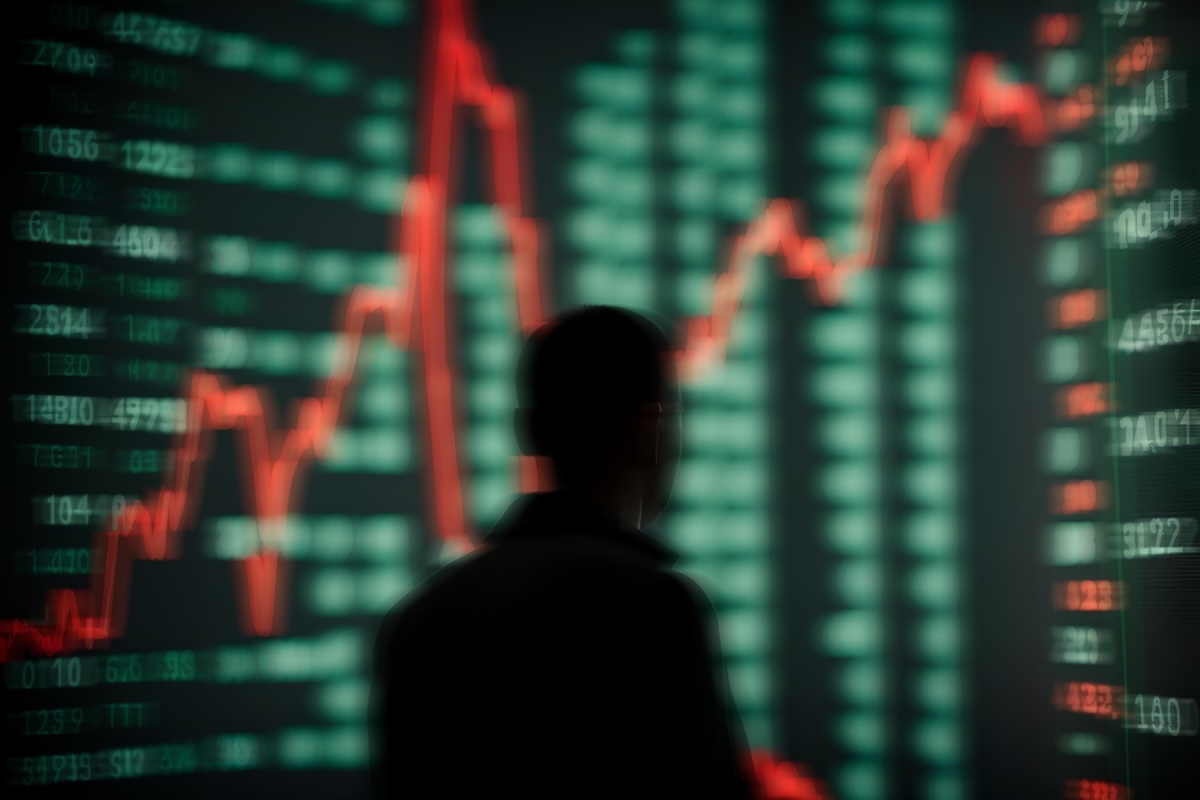
The stock market may have rallied Wednesday after President Trump announced a 90-day pause on most reciprocal tariffs, but Wall Street isn't convinced the worst is over.
Citi analysts warned that the pause, which excludes China, is unlikely to revert the slowdown.
“Pausing reciprocal tariffs excluding China does not mean the U.S. economy has avoided a slowdown in growth and rise in inflation,” Citi wrote in a note to clients.
Despite pulling back from the most extreme “Liberation Day” tariff hikes, the broader trade war is still alive and well.
Since Trump took office, the average U.S. tariff rate has climbed 21%, including a 10% baseline for most partners and 145% for Chinese imports.
Michael Zezas, Morgan Stanley’s global head of fixed income research and public policy strategy, echoed Citi’s view.
On the bank’s Thoughts on the Market podcast, he asked: “Even if the reprieve holds, do markets still have to price in slower growth and higher recession risk?”
He also raised a much deeper problem underlying Trump’s erratic policymaking: eroding confidence across the board.
“In my travels this week I spent considerable time with corporate leaders who are struggling to figure out how to make strategic decisions amidst this uncertainty,” Zezas said.
“The market selloff and rapid policy shifts may have already done lasting damage to sentiment.”
Relief rally fades fast as doubts resurface
The signs of eroding confidence started showing on Thursday.
After one of the strongest single-day rallies in years, stocks reversed hard. The Dow fell over 1,000 points, the S&P 500 dropped 3.5%, and the Nasdaq slid 4.3% in midday trading.
UBS analysts weren’t surprised. In a Thursday morning note, the bank said markets were ignoring the long-term risks.
“We believe even these reduced tariffs will imply a serious hit to growth,” UBS warned, predicting that negative earnings revisions will weigh down the market.
“We don’t expect the highs to be tested and would recommend selling rallies until we learn more,” UBS analysts added.
While Morgan Stanley’s Zezas believes Trump’s tariff pause could ease tensions with U.S. allies, the standoff with China is likely to stay heated.
“The administration's desire to improve supply-chain security and reduce the goods-trade deficit will make for difficult negotiations with China,” he said.
“That appears to be playing out here, albeit faster and more severely than we anticipated.”
"With tariffs already reshaping global supply chains, he warned that sectors like tech hardware and consumer goods could take the biggest hit.
Your email address will not be published. Required fields are markedmarked